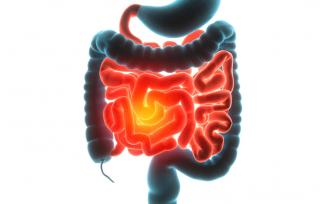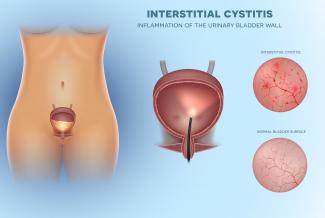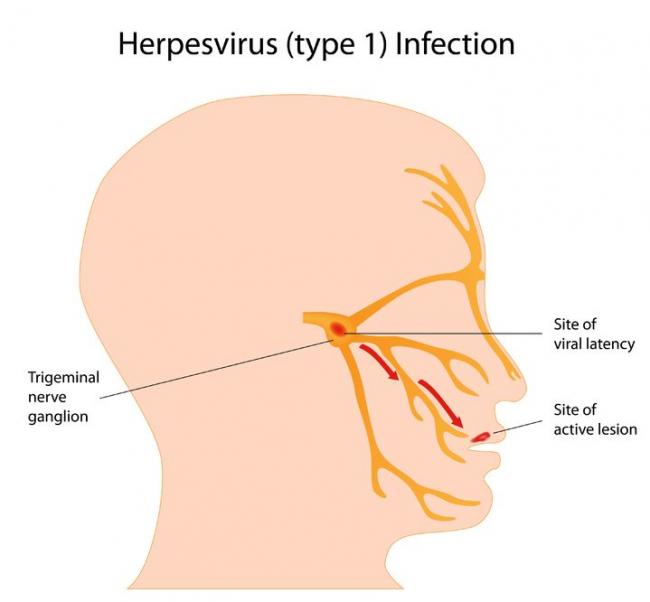News
- Acupuncture methods for osteoarthritis of the knee
07 Jan 19
- Vitamin D for Inflammatory Bowel Disease
07 Jan 19
- Whole grain diet reduces systemic inflammation
07 Jan 19
- Vitamin B12 for vegetarian mothers
05 Dec 18
- Individualized Metacognitive Training for Psychosis
05 Dec 18
- Herbs for cataract prevention
05 Dec 18
- Vitamin D for the heart in chronic kidney disease
05 Dec 18
- Using Food as a source of Vitamins
05 Dec 18
- Mediterranean diet for healthy aging
02 Nov 18
- Vitamin C as a therapy for H. pylori
02 Nov 18
- Anti-inflammatory diet and nutrient intake in spinal cord injury
02 Nov 18
- Analysis and benefits of Tryptophan
02 Nov 18
- Probiotic supplementation for functional constipation in kids
02 Nov 18
- Vitamin D for migraines
05 Oct 18
- Can stress management be learned?
05 Oct 18











